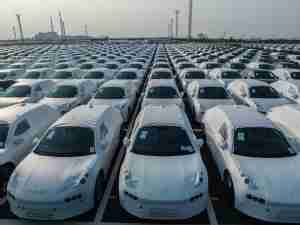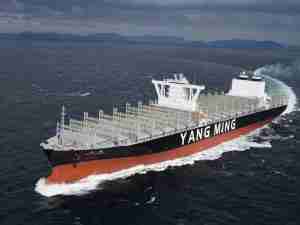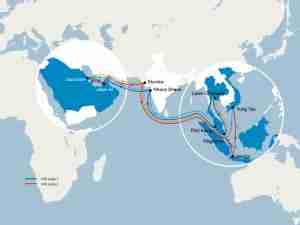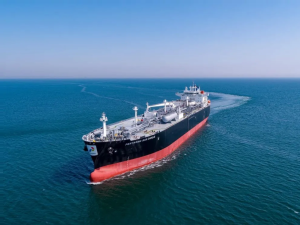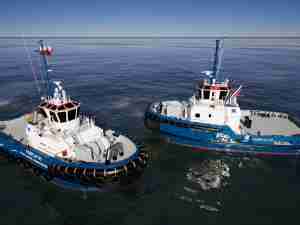California port truck drivers face increased health risks from breathing dangerous levels of diesel exhaust fumes inside their truck cabs, according to a new report released today. The report was released just days before regulators are scheduled to consider requiring a clean up of the fleet of heavy duty trucks that transport cargo to and from the state's busy ports. The report's authors say their study shows the need to overhaul the fleet, reduce waiting times at terminals and limit pollution from other port sources.
'Driving on Fumes: Truck Drivers Face Elevated Health Risks from Diesel Pollution,' a report prepared by the Natural Resources Defense Council (NRDC) and the Coalition for Clean & Safe Ports, details the health risks of truck drivers who haul containers in and out of the Port of Oakland. The report revealed that the amount of diesel particulate matter found inside the truck cabs was double the level considered acceptable by the Occupational Safety and Health Administration (OSHA), and up to 2,000 times greater than the level typically considered acceptable by state and federal environmental protection agencies.
'While the study was conducted at the Port of Oakland, we are confident that drivers at the ports in Southern California are facing the same problems,' said Adrian Martinez, project attorney for NRDC.
Diesel engines emit a toxic brew of pollutants, causing adverse health impacts, such as asthma, increased risk for cardiovascular disease, increased emergency room visits, birth defects, premature births, and other respiratory illnesses. While previous studies have shown that 2,400 Californians die prematurely each year from diesel exhaust, the new report reveals that port truckers may face cancer risks even greater than other port community residents.
Drivers are often forced to idle for hours in long lines, causing them lengthened exposure to old polluting trucks, as well as other polluting sources at the port, such as cargo equipment and ships carrying freight.
Edgar Sanchez, a driver at the Port of Long Beach for twelve years, said, 'I've always known that the pollution from my truck was bad for kids. I never really thought about how it was making me sick until I was diagnosed with asthma myself. While we sit in line for hours, we're breathing in poison.'
According to the report's authors, many drivers can't afford health insurance for themselves or their families because they are misclassified as independent contractors, and are paid only for the loads they deliver each day, not the time spent waiting. Independent contractor drivers lack protections and earn about $30,000 per year, and are responsible for buying and maintaining their own trucks. After paying for operating expenses, they often make no more than $8 an hour, making it difficult for them to upgrade to cleaner, less-polluting vehicles.
'The trucking system at the San Pedro Bay ports is broken,' said Elina Green, from the Long Beach Alliance for Children with Asthma and a steering committee member of the Coalition for Clean & Safe Ports. 'The wrong people are paying the costs of this pollution'mainly harbor area children with asthma and other people living close to our ports and highways. The ports must fix the problem by making drivers employees and shifting responsibility of operating clean and safe trucks on trucking companies and their clients.'
The proposed rule would require approximately 18,000 heavy-duty trucks to be retrofitted, replaced or otherwise upgraded by 2009. The new rule is an important first step, according to the report's authors. But without changes to the business model for port trucking, the burden of cleaning up the truck fleet will fall on impoverished truck drivers and on taxpayers. The cost of operating cleaner trucks should be shifted to where it belongs ' to the trucking companies and their big box customers, according to the report's authors.
The authors of the study support the implementation of concession
